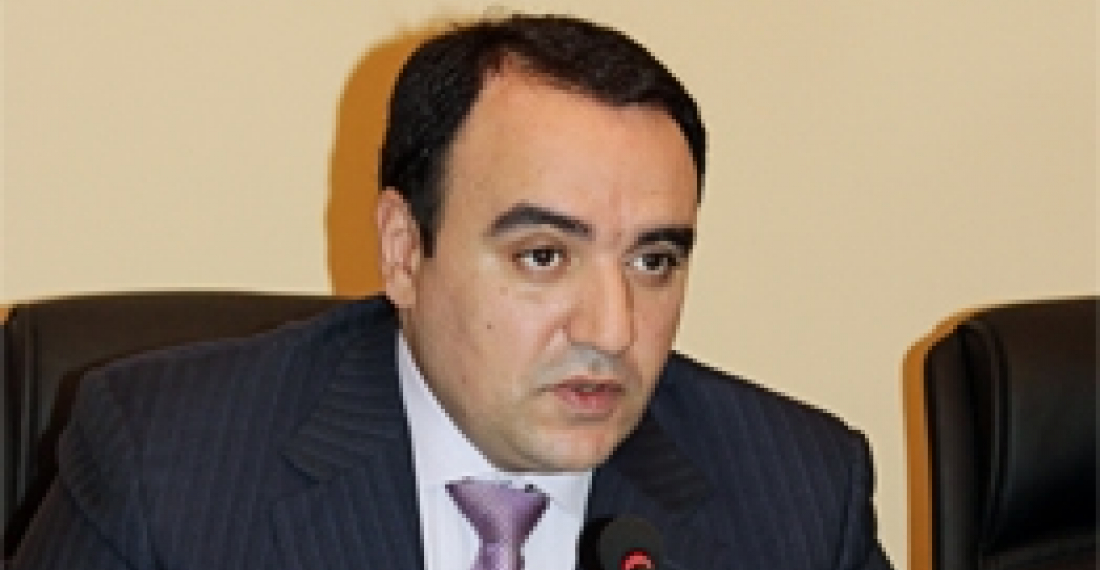Реализация Плана действий Армения-ЕС на 2012-2013 гг. будет способствовать расширению двухстороннего сотрудничества. Об этом заявил секретарь Совета национальной безопасности Армении Артур Багдасарян.
По его словам, в разработку программы были вовлечены все государственные структуры и ведомства Армении. Программа состоит из 160 действий по ключевым направлениям, таким как политика, торгово-финансовая сфера, юстиция, свобода и безопасность, окружающая среда. Он высоко оценил нынешний уровень сотрудничества Армения-ЕС, выразив надежду, что в течение 2012 года Армения приблизится к подписанию Соглашения об Ассоциации и началу переговоров о Соглашении по углублению всеобъемлющей торговой зоне.
В свою очередь руководитель делегации ЕС, посол Траян Христеа отметил, что ЕС готов содействовать реформам в Армении. «Армения добилась существенного прогресса в 2011 году. Реформы необходимо продолжать, и обеспечение свободных и справедливых и равноправных выборов - важная предпосылка для дальнейшего развития отношений Армении с ЕС”, - заявил глава делегации.







